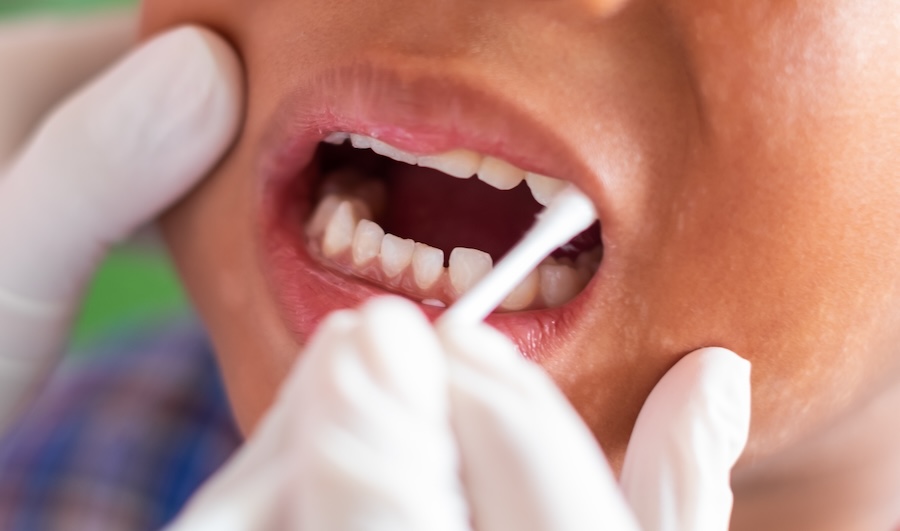Politics
RFK Jr. Vindicated By New Report On Common Chemical: ‘500% Increase In Autism’

A newly published study in BMC Pediatrics has reignited debate over the safety of water fluoridation, with findings that appear to vindicate long-standing concerns voiced by independent presidential candidate Robert F. Kennedy Jr.
The peer-reviewed study, led by researchers David A. Geier and Mark R. Geier, examined over 73,000 children in Florida who were continuously enrolled in Medicaid during the first 10 years of their lives. The researchers tracked exposure to fluoridated drinking water and compared it to rates of tooth decay and neurodevelopmental disorders, including autism, ADHD, intellectual disability, and other developmental delays.
While the study reaffirmed that fluoridation was linked to a modest reduction in tooth decay, it also found that children exposed to fluoridated water were more than five times as likely to be diagnosed with autism spectrum disorder compared to their unexposed peers. That figure—an adjusted odds ratio of 5.575—translates into a 457% increase in the likelihood of an autism diagnosis, a staggering number.
The CDC has long promoted water fluoridation as one of the top public health achievements of the 20th century, citing its effectiveness in reducing cavities across socioeconomic lines. But opponents argue that the benefits come at too great a cost—and that federal agencies have ignored mounting evidence of neurological harm.

WASHINGTON – January 29 2025: Robert F. Kennedy Jr., nominee for Secretary of Health and Human Services, testifies during his confirmation hearing before the Republican-led Senate Committee on Finance
In the study, researchers controlled for key factors such as race, gender, lead exposure, and maternal health conditions. They found that even dose-dependent increases in fluoride exposure—starting from birth—were linked to slight increases in ADHD, intellectual disabilities, and developmental delays.
When comparing groups that had long-term fluoride exposure versus those that had none, the differences in outcomes became stark. While the risk of tooth decay was about three times lower in the fluoride-exposed group, the risk of neurodevelopmental disorders—especially autism—was significantly higher.
The findings align with a growing body of research from around the world. Prior studies in Canada and Mexico have also reported associations between prenatal fluoride exposure and reduced IQ scores in children.

Children receive fluoride medicine from a dentist
A 2019 meta-analysis concluded that fluoride may, in fact, act as a developmental neurotoxin at levels previously considered safe.
Fluoride is a naturally occurring mineral and a form of the chemical element fluorine. It’s commonly found in water, soil, rocks, air, and some foods.
Chemically, fluoride refers to compounds that contain the fluoride ion (F⁻). While it’s highly reactive in its pure form, fluoride is typically found bonded with other elements like sodium or calcium, forming compounds such as sodium fluoride or calcium fluoride.
Fluoride is most widely known for its role in dental health. It reportedly helps prevent tooth decay by strengthening tooth enamel, making it more resistant to acid attacks from plaque and sugars.
For this reason, fluoride is commonly added to toothpaste, mouthwash, and in many areas, to public drinking water—a practice known as community water fluoridation. This began in the United States in the 1940s and is considered by the CDC to be one of the top 10 public health achievements of the 20th century.
Despite its benefits, fluoride has been the subject of growing health concerns, especially with long-term or high-dose exposure. More recently, some studies have linked early-life fluoride exposure—especially during pregnancy—to potential neurodevelopmental issues in children, including lower IQ scores and increased risk for conditions like ADHD or autism.

